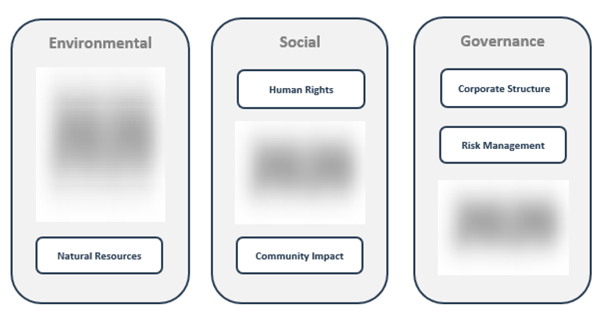Sustainability has become a buzzword in almost all sectors, and the pharma industry is no exception. The pharma industry has a significant impact on society and the environment. The industry is expected to provide essential drugs and vaccines to the world while ensuring that their production does not harm the environment. The sustainability of the pharma industry has become a top priority for stakeholders, including regulators, investors, and consumers. This article aims to shed light on sustainability in the pharma market, its importance, and how the industry is addressing sustainability challenges.
Introduction
The pharma industry is a vital sector that plays a critical role in saving lives and improving health outcomes. However, the industry's operations have a significant impact on the environment, from the production of drugs to packaging and transportation. The increasing focus on sustainability has prompted the pharma industry to adopt sustainable practices to reduce its carbon footprint and environmental impact. The industry's efforts towards sustainability not only help protect the environment but also enhance its reputation, reduce costs, and increase profits.
The Importance of Sustainability in Pharma Market
The pharma industry's operations have a significant impact on the environment and society. The industry is responsible for significant carbon emissions, water consumption, and waste generation. The unsustainable practices of the industry have led to environmental degradation, loss of biodiversity, and climate change. The pharma industry is responsible for producing life-saving drugs, and its operations must align with the broader goal of sustainable development. Sustainable practices in the pharma market are crucial for the following reasons:
Environmental Protection
The pharma industry's operations, from drug production to transportation, can have a significant impact on the environment. The industry's unsustainable practices can lead to air and water pollution, deforestation, and climate change. The adoption of sustainable practices can reduce the industry's carbon footprint, water consumption, and waste generation, thus reducing the impact on the environment.
Reputation
The pharma industry's reputation is crucial, and sustainable practices can enhance it. Consumers are increasingly concerned about the environmental impact of the products they use. A pharma company that adopts sustainable practices can differentiate itself from its competitors and enhance its reputation.
Cost Reduction
Sustainability can help the pharma industry reduce costs. Sustainable practices such as energy efficiency, waste reduction, and water conservation can reduce the industry's operational costs. The industry can also save costs by adopting sustainable packaging practices and reducing the use of single-use plastics.
Increase in Profits
Sustainable practices can lead to an increase in profits for the pharma industry. The adoption of sustainable practices can enhance the company's reputation, reduce costs, and increase the demand for the company's products.
Sustainable Practices in the Pharma Market
The pharma industry has taken several steps towards sustainability. The following are some of the sustainable practices adopted by the industry:
Sustainable Sourcing of Raw Materials
The pharma industry is highly dependent on natural resources such as plants, minerals, and animals. The industry has recognized the importance of sustainable sourcing of these raw materials to reduce the impact on the environment. Sustainable sourcing practices include using renewable resources, reducing waste, and conserving biodiversity.
Green Chemistry
Green chemistry is a sustainable practice that focuses on reducing or eliminating hazardous substances in the production of drugs. The use of green chemistry can reduce the industry's carbon footprint and improve the safety of drug production.
Energy Efficiency
The pharma industry is highly energy-intensive, and the adoption of energy-efficient practices can reduce the industry's carbon footprint. Energy-efficient practices include using renewable energy sources, improving the energy efficiency of buildings, and reducing the use of fossil fuels.
For more insights on the sustainability framework, download a free report sample

